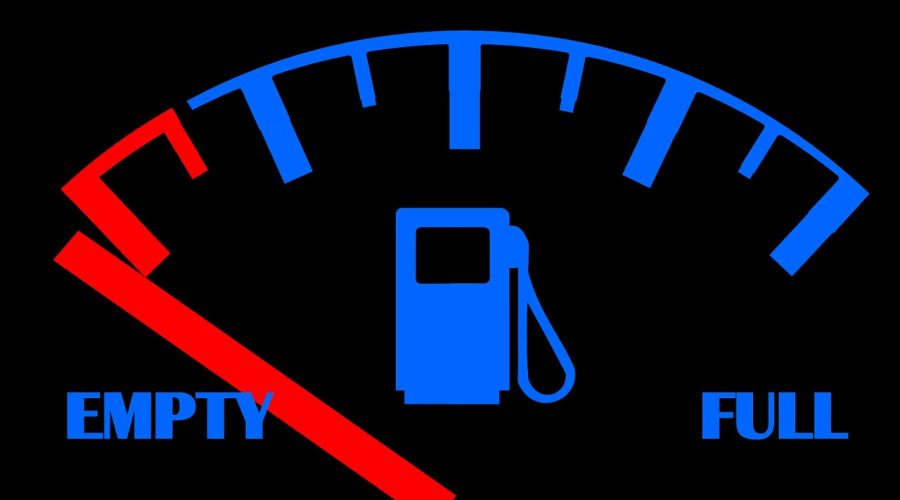
What is the Fuel of the Future?
Ongoing environmental concerns, coupled with the finite nature of fossil fuels, mean that the future of fuel is a hot topic. The government’s energy department works with a range of organisations to support research and development into alternative fuels and vehicle technologies, and they make the bold assertion that: “Increasing the use of alternative fuels and vehicles will help reduce consumers’ fuel costs, minimise pollution and increase the nation’s energy security.”
But with so much potential choice, what will be the fuel of the future? Needless to say, there are many opinions on what technology will prove most popular.
Hydrogen or Hot Air?
Renowned petrolhead Jeremy Clarkson is in favour of hydrogen. In a recent Sunday Times column he wrote that: “Hydrogen is the most abundant element in the universe, so we wouldn’t run out of it for about a billion years, and it’s clean too. A car powered by hydrogen fuel cells produces nothing from its tailpipe but water.” In the past few years Toyota, Hyundai and BMW have all announced that they are working on hydrogen-powered cars.
In a debate chaired by Motortransport.co.uk at the Microlise Transport Conference earlier this year, it transpired that Martin Flach, product director UK and Ireland at Iveco, does not agree with Clarkson. He said, “Hydrogen has been a thirty years away technology for the past thirty years – and it is still thirty years away.” It turns out he’s more a fan of electricity for shorter journeys, and natural gas for longer runs.
Vegetable Oil, Natural Gas or Biomethane?
Volvo UK truck product manager John Cromer said the industry was moving away from biodiesel to hydrotreated vegetable oils, but that Volvo was still working with gas, both compressed natural gas (CNG) and biomethane, which is produced from organic matter.
Scania’s business development and marketing manager, Arif Jafferji, revealed they are sitting on the fence and, rather than plumping for a particular fuel to get behind, they let the customer make the decision and offer a full range of options to support that choice.
Electric Surging Ahead?
Overall, electric vehicles might just have the edge. Nissan and Tesla are leading the field in electric cars, while Mercedes have just unveiled the Urban eTruck, an electric truck that could be in production in as little as 5 years.
One thing seems clear: whichever future fuel is to win the race, a major element – arguably as vital as cost – will be the importance of having in place the infrastructure to support refuelling.
We’d love to get your opinion on this so please send us a tweet using the hashtag #FutureFuel.
